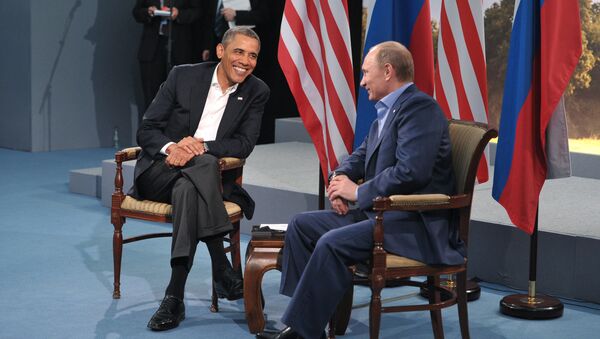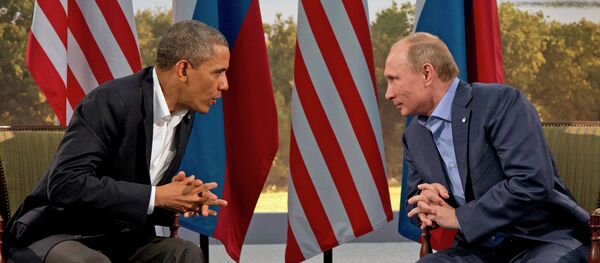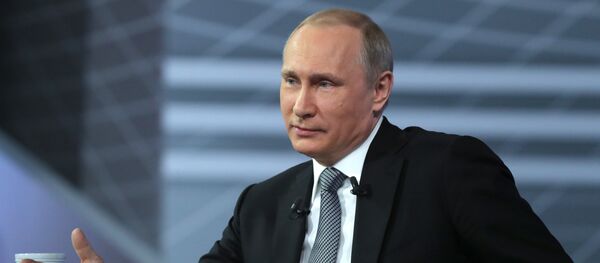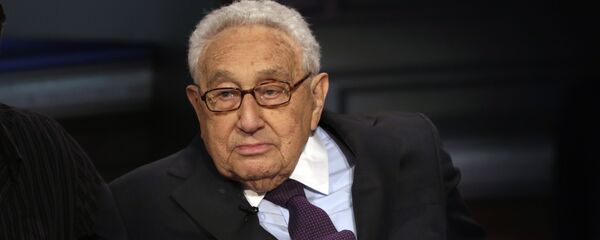While relations between Russia and the United States are failing there is light at the end of the tunnel, according to Nikolay Pakhomov, President of The New York Consulting Bureau.
"The current deep crisis in US-Russian relations has become a serious challenge to global security," Pakhomov wrote in his article for The National Interest.
On the other hand, following the collapse of the USSR, the Russian Federation didn't attract much attention from US geostrategists, busy with shaping the new world order.
"It is very difficult at first glance to find a reason why Russia would be interesting to the United States even without geopolitical differences between Washington and Moscow," Pakhomov noted.
"Surprisingly, we can expect the United States to be more active in engaging with Moscow," the expert stressed.
According to Pakhomov, there are a number of issues Moscow and Washington can collaborate on.
Furthermore, the scholar argues that "if Washington continues to pretend that the United States is the only superpower capable of and eager to address a wide range of global challenges, sooner rather than later it might find itself in a position where interaction with Russia, if not a formal arrangement, is necessary."
To illustrate his point Pakhomov referred to US-Russian Syrian negotiations. The scholar emphasized that the US cannot address the situation in Syria without dealing with Moscow.
Pakhomov believes that this case is not unique, citing various global issues, including nuclear nonproliferation and the functioning of global energy markets, where the US and Russia's interests may overlap.
"The need for Washington to deal with Russia while resolving issues of importance to the United States will determine US-Russian relations," the scholar noted, adding that for its part Russia is open for dialogue.
"This fact leaves space for compromises and a path to the normalization of relations between the United States and Russia. Arguably, this could be the only way forward for relations between two countries that, currently, lack a source of stability," he highlighted.
"I've been arguing since the 1990s that the road to American national security still runs through Moscow. But instead we have waged a Cold War against Russia," Cohen stressed.
Thomas Graham of Kissinger Associates and Matthew Rojansky of the Wilson Center's Kennan Institute in some sense also echoed Pakhomov's stance in their article for Foreign Policy magazine.
The two US scholars argued that Russia "must be engaged through a comprehensive balance of cooperation and competition," and criticized the US' Russia policy as flawed.
Although Graham and Rojansky stressed that Washington should limit "room for Russia to maneuver where its interests largely oppose American ones, such as in Syria," they at the same time stressed that there are a lot of issues on which the two powers may cooperate.
Russia is still "a major power on the world stage," they reminded their readers.
"At the end of the Cold War, both Russians and Americans had a vision of strategic partnership shaped by their recent experiences… Many on both sides understood that the fates of Russia and the United States remained tightly intertwined," Kissinger wrote, expressing deep concerns about the deterioration of US-Russian relations.
"In the emerging multipolar order, Russia should be perceived as an essential element of any new global equilibrium, not primarily as a threat to the United States," Kissinger underscored.




